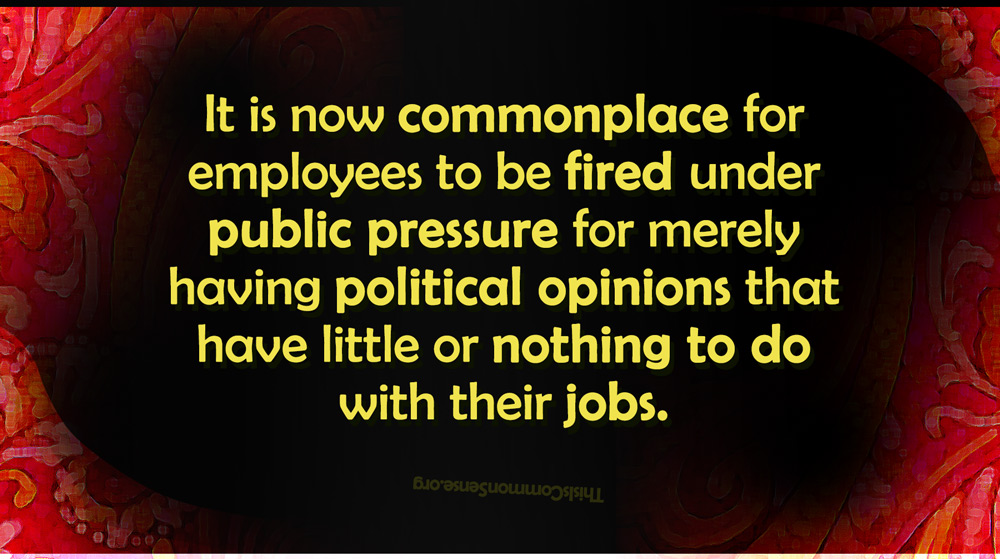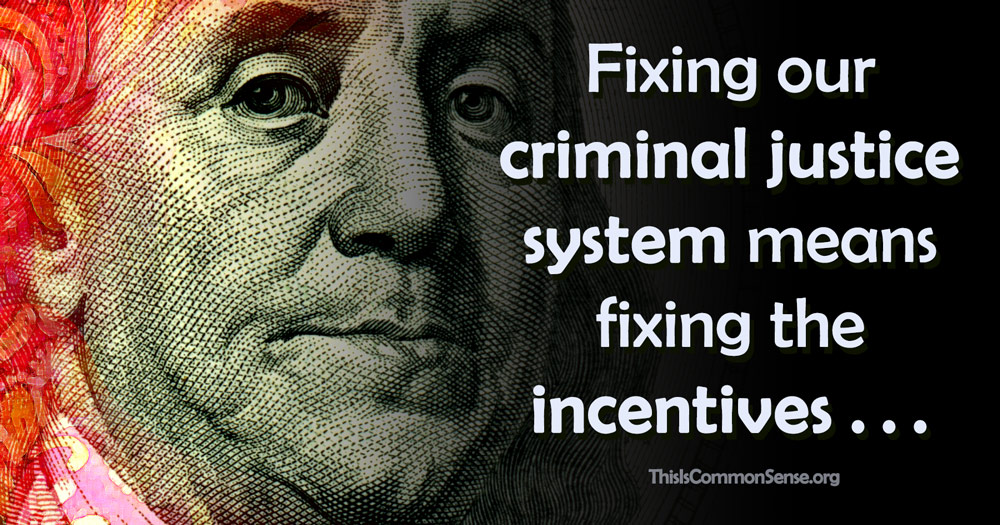The big news from yesterday’s Supreme Court decisions (in June, they typically come in chunks) regards discrimination law, in which the court decided, 6-3, with Neil Gorsuch writing the majority opinion, that discrimination “against an employee for being gay or transgender violates the Civil Rights Act of 1964.” As covered at Reason it makes for fascinating reading.
Still, there are many problems here. The whole employment discrimination issue assumes that people have a right to be judged suitable for employment based only on strict consideration of job performance.
This is intrusive into private decision-making, and opens up hiring and firing to huge legal costs.
But a bigger issue lurks here.
It is now commonplace for employees to be fired under public pressure for merely having political opinions that have little or nothing to do with their jobs.
Anti-discrimination civil rights law was designed to curb this sort of thing — public pressure for reasons of antipathy and social mania — but only on a limited number of criteria, racism and sexism against protected groups being the areas carved out.
Since we have a First Amendment right to speak, mightn’t that right be applied via discrimination law to prohibit mob deplatforming or resulting loss of employment?
Sure, 1964’s Civil Rights Act limited the scope of its intervention into employment contracts and the “public accommodations” realm of commerce to the above-mentioned isms, on grounds of a long history of bigotry and invidious private discrimination. But right now, that sort of discrimination is primarily an ideological matter, not racial or sexual.
Extending the scope of the First Amendment via an anti-discrimination rationale would seem a natural.
At least for those who favor consistent government intervention over freedom.
This is Common Sense. I’m Paul Jacob.
—
See all recent commentary
(simplified and organized)





